Have you ever stood in front of the mirror and wondered why acne scars are always there on your skin? Are you wondering if there’s a hidden cure or magic potion to get rid of those obstinate marks? You are not alone, though. The pursuit of perfect skin frequently sends us down a confusing path. Is it possible to truly undo the effects of the past? Come along on a journey of discovery as we solve the mystery of acne scars. Learn More about 5 best ways to treat acne scars.
What Are Acne Scars?
The inflammation that acne causes in the skin’s dermal layer is what leads to acne scars. Scars may form as a result of the body’s normal healing process when an acne eruption damages skin tissue. Acne scars come in a variety of forms, and their intensity and look can change.
The most typical kinds consist of:
Atrophic Scars: These are scars that are pitted or depressed due to tissue loss. Two subtypes exist:
Icepick Scars: Tiny, profound holes that mimic the impressions made by an ice pick.
Boxcar Scars: Wide indentations with distinct borders.
Hypertrophic or keloid scars: During the healing process, the body overproduces collagen, resulting in elevated, thickened scars.
5 best ways to treat acne scars?
Topical Retinoids:
Retinoids, which include tretinoin, are vitamin A compounds that increase collagen synthesis and cell turnover. Over time, they can aid in the fading of acne scars by promoting the development of fresh, healthy skin.
Chemical Peels:
With chemical peels, the top layer of skin is removed from the body by applying a solution that encourages the creation of new skin. This might make acne scars look less noticeable. Peels containing glycolic and salicylic acids are frequently utilised for this purpose.
Microneedling:
Using a device with tiny needles to induce controlled micro-injuries in the skin is known as microneedling. This procedure helps to lessen the visibility of acne scars by increasing the synthesis of collagen. Although at-home derma rollers are an option, professional treatments are also available (though caution is urged with DIY techniques).
Laser Treatment:
Scars can be less noticeable with laser treatments, such as fractional laser therapy, which targets particular layers of the skin. They function by resurfacing the skin and encouraging the creation of collagen. Depending on the kind and extent of the acne scars, several laser kinds may be used.
Dermal Fillers:
Substances like hyaluronic acid used in injectable dermal fillers can temporarily perk up depressed scars, making them less apparent. It offers a non-invasive method of improving the appearance of some types of acne scars, albeit it’s not a permanent fix.
Ideal Candidates:
- People who have acne scars that don’t get better with time should think about getting therapy.
- The psychological and emotional effects of acne scarring can be profound. Individuals who feel that their scars are bothersome and have an impact on their quality of life or self-esteem may decide to get treatment.
- People in generally good health make excellent candidates for procedures like chemical peels or laser therapy.
- People pursuing treatment must have reasonable expectations for the results.
Book Your Treatment Now!
Schedule a consultation with us at Enfield Royal Clinics PK as soon as possible. When you’re ready to move forward, we strongly suggest scheduling a meeting with our friendly and experienced team. If you would like further information about the 5 best ways to treat acne scars?
FAQs
Can acne scars be avoided?
Scarring can be reduced with prompt and efficient acne treatment. Refraining from popping or compressing zits also aids in avoiding scarring.
How long do scars from acne take to go away on their own?
Scars can heal in a variety of ways, and they can disappear over months or even years. Some, though, might continue unabated.
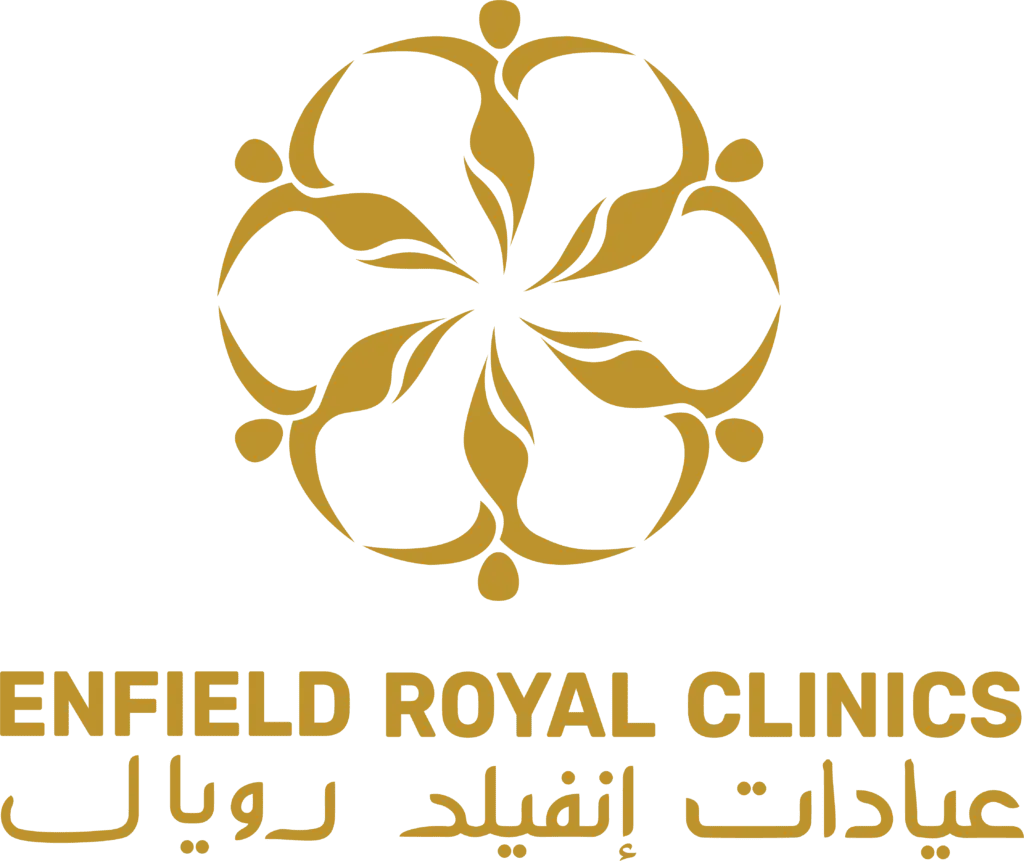

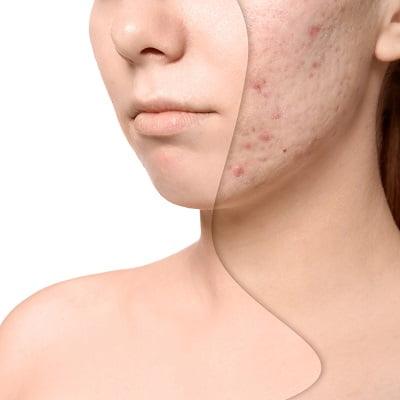



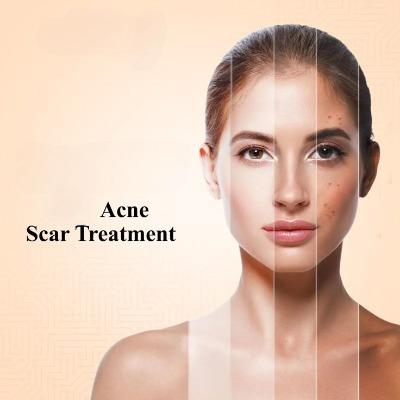
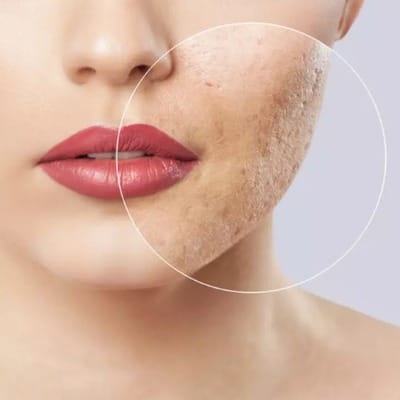
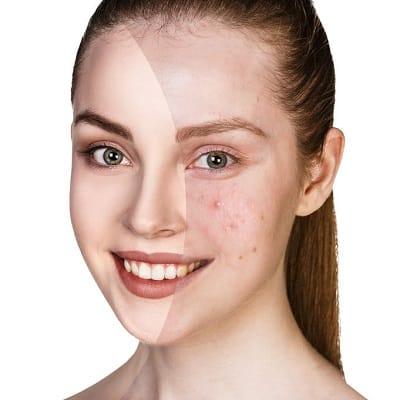

Leave a Reply